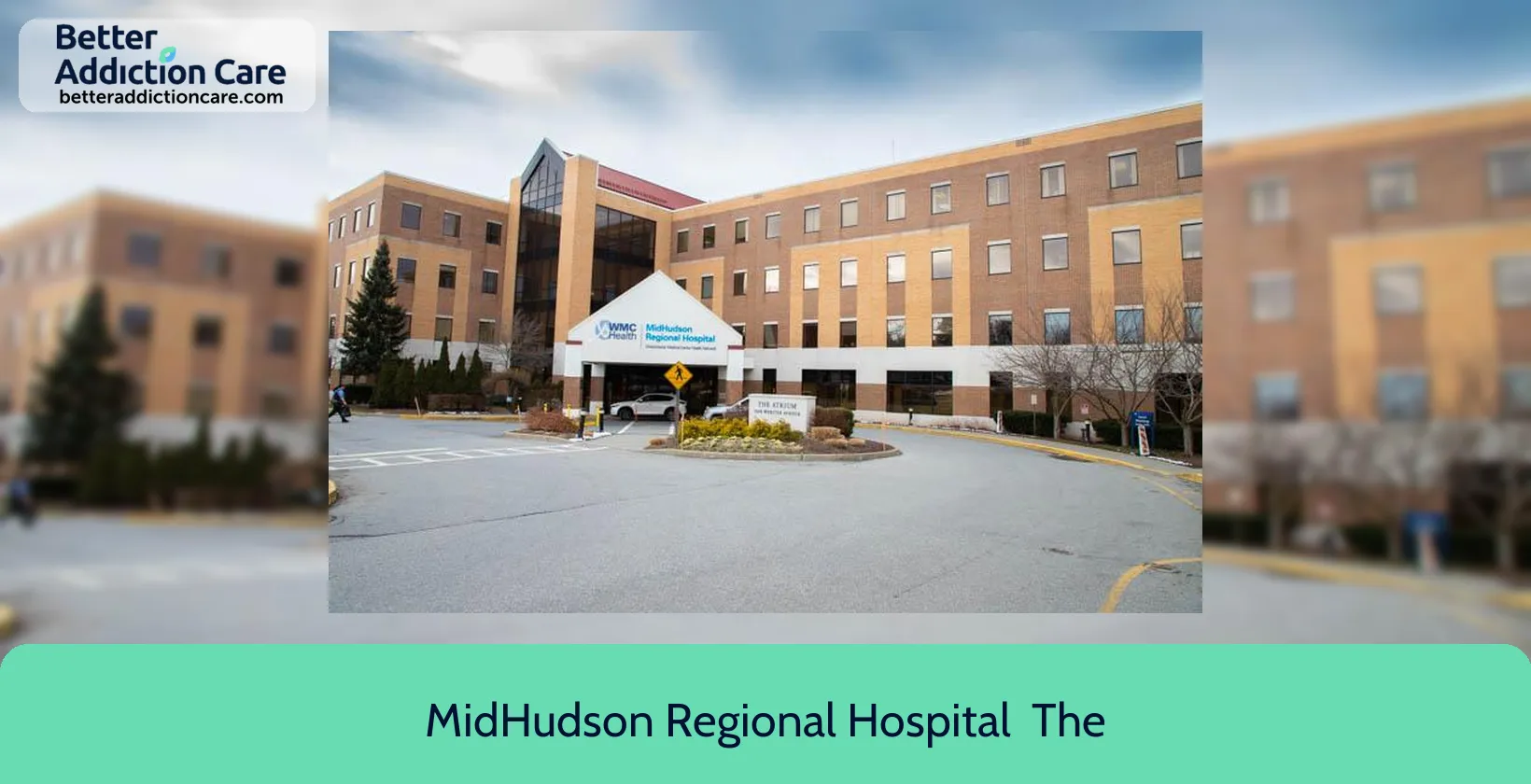MARC - Bolger House

Overview
MARC - Bolger House is a substance abuse treatment center for people seeking treatment near Dutchess County. As part of their treatment modalities for recovery, MARC - Bolger House provides 12-step facilitation, individual psychotherapy, and group counseling during treatment. MARC - Bolger House is located in Poughkeepsie, New York, accepting cash or self-payment for treatment.
MARC - Bolger House at a Glance
Payment Options
- Cash or self-payment
- Sliding fee scale (fee is based on income and other factors)
- State-financed health insurance plan other than Medicaid
Assessments
- Comprehensive mental health assessment
- Comprehensive substance use assessment
Age Groups
- Adults
- Young adults
Operation
- Private non-profit organization
Highlights About MARC - Bolger House
6.65/10
With an overall rating of 6.65/10, this facility has following balanced range of services. Alcohol Rehabilitation: 8.00/10, Drug Rehab and Detox: 6.00/10, Insurance and Payments: 6.00/10, Treatment Options: 6.61/10.-
Alcohol Rehabilitation 8.00
-
Treatment Options 6.61
-
Drug Rehab and Detox 6.00
-
Insurance and Payments 6.00
Accreditations
State department of health:

Government agencies issue State Licenses, granting rehabilitation organizations permission to operate their businesses legally within specific geographic regions. The licenses needed for legal operation are typically determined by the type of rehabilitation program offered by a facility and its physical location.
Treatment At MARC - Bolger House
Treatment Conditions
- Mental health treatment
- Alcoholism
- Opioid Addiction
- Substance use treatment
- Co-occurring Disorders
Care Levels
- Detoxification
- Aftercare
- Halfway house
- Outpatient
- Hospital inpatient treatment
Treatment Modalities
- 12-step facilitation
- Individual psychotherapy
- Group counseling
- Family counseling
- Life Skills
Ancillary Services
Special Programs
- Clients with HIV or AIDS
Get Help Now
Common Questions About MARC - Bolger House
Contact Information
Other Facilities in Poughkeepsie

6.75

7.02

6.85

6.74

7.68
DISCLAIMER: The facility name, logo and brand are the property and registered trademarks of MidHudson Regional Hospital - The Turning Point, and are being used for identification and informational purposes only. Use of these names, logos and brands shall not imply endorsement. BetterAddictionCare.com is not affiliated with or sponsored by MidHudson Regional Hospital - The Turning Point.
